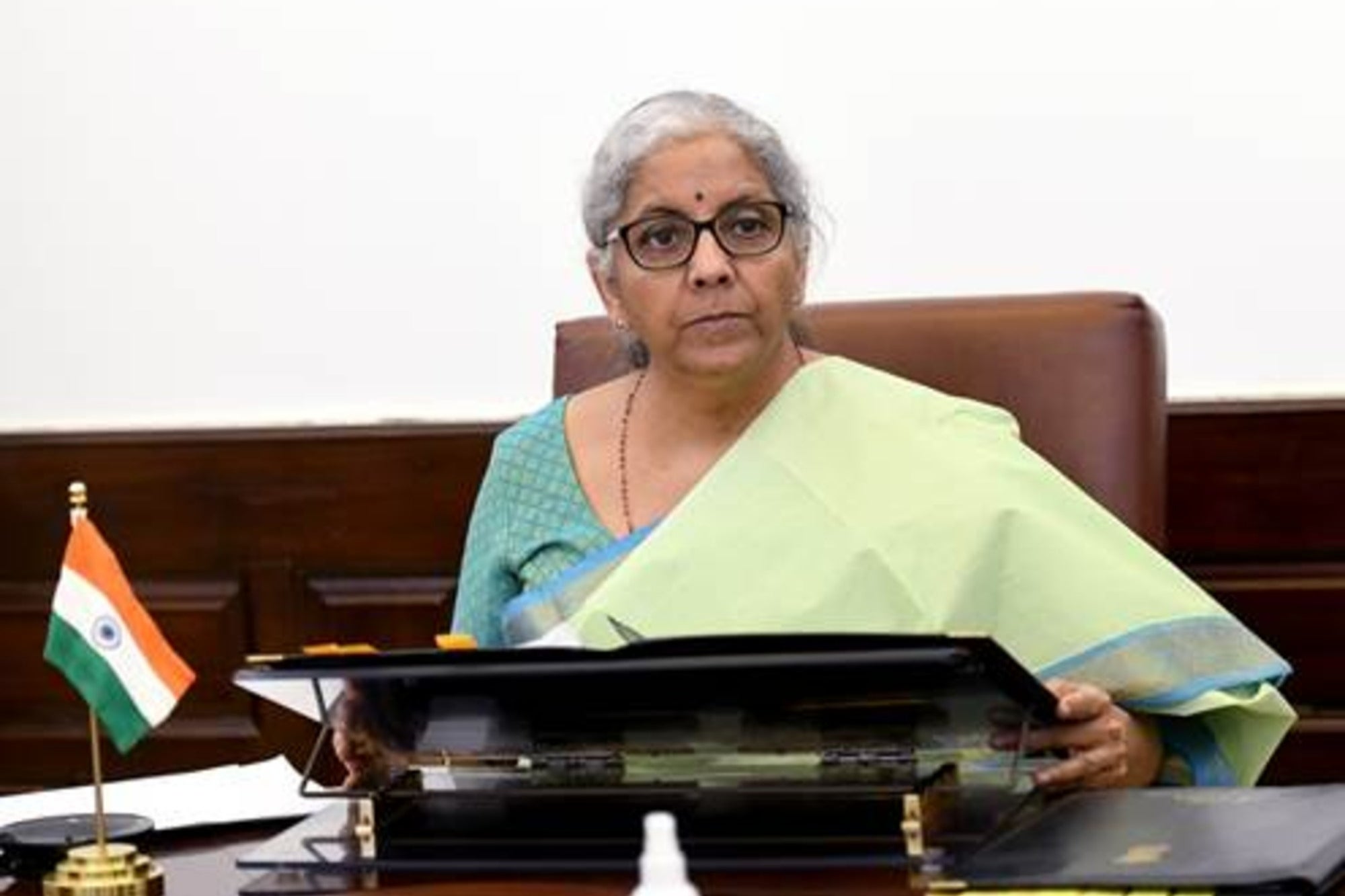Coronavirus: 4 Investment Approaches During The Current Market Crash Investors should not panic as historically markets have seen sharp corrections during pandemics, only to emerge stronger than ever before
By Mukesh Kalra
Opinions expressed by Entrepreneur contributors are their own.
You're reading Entrepreneur India, an international franchise of Entrepreneur Media.

The impact of the fast-spreading coronavirus can be seen on stock markets. Ever since World Health Organisation (WHO) has declared COVID-19 a pandemic, global markets have been in the doldrums.
Much like any other pandemic outbreaks like Swine Flu or H1N1, the impact of coronavirus has been significant, with all major world indices registering sharp corrections, and expected to go down further. Back home, the BSE Sensex has lost close to 28 per cent in little over a month.
Historically, markets have seen sharp corrections during previous pandemics too, only to emerge stronger than ever before. There is evidence from past pandemic outbreaks of SARS, AVIN Influenza, Ebola, Zika and Swine Flu to showcase how markets stabilized consequently and delivered incrementally better returns for those who stayed put.
Past Pandemics and the Sensex | ||||
Estimated Period of Outbreak | Virus Outbreak | Returns During Outbreak | 1 Year Return Post Outbreak | 3 years Post Outbreak Returns |
Jan to March 2003 | SARS | -10.07% | 77.68% | 269.99% |
Jan to August 2004 | AVIN Influenza | -12.23% | 47.42% | 195.04% |
December 2013 to Feb 2014 | Ebola | 1.06% | 44.44% | 36.09% |
Nov 2015 to Feb 2016 | Zika | -13.39% | 13.36% | 55.93% |
1 Jan 2015 to May 2015 | Swine Flu | -6.91% | -4.24% | 26.83% |
Similar to COVID-19, the SARS outbreak had a 3 month long impact on global and Indian stock markets. The Sensex fell by 10 per cent in three months, but within a year it generated absolute returns of over 77 per cent. This means that those who would have invested INR 1 lakh in the index early in January 2003 amidst the fears of SARS would have seen their investment grow to INR 1.77 lakh within a year. Markets reacted in a similar way to Ebola, Zika, and AVIN, i.e. correcting sharply and then bouncing back aggressively.
Interestingly, with the Swine Flu outbreak, the markets took some time to recover as just about the time the flu scare was cooling up, the fear of a global economic slowdown crashed the markets. However, the 3 year returns from the time the Swine Flu broke out were 26.83 percent.
The current correction has triggered widespread panic even among the savviest of investors, with many selling their mutual fund investments or stopping their systematic investment plans (SIPs). Another section of investors is in a dilemma whether to buy or not to buy equity at such massively discounted prices.
There are four investment approaches between which investors can choose as per their risk appetite and future financial goals.
Redeem Now and Re-enter Later (Not Recommended): The issue with this proposition is that an individual investor may never know when is the perfect time to re-enter. More money is often lost in waiting for corrections than during these corrections themselves, so it's advisable to be in the market than exit now and try to re-enter later. Time in the market often makes more money than timing the market. Basically, investors are more likely to benefit if they stay invested and ride out this volatile period.
Invest More: This is a good time to add more to your existing investments if an investor's asset allocation plan allows it. What this means is that if an investor is under-invested in equities or the value of his/her equity portfolio has dropped drastically, they can use this time to bring the mix to the level they want to maintain as per their desired levels. Adding to their Equity Portfolio at a lower cost would bring down their overall costs and there are high chances that this would set their investments on a path to success.
Invest After Waiting For Some More Correction: If the investor's asset allocation offers them the flexibility to invest more, waiting might not be a great idea. That's because sharp correction may be followed by an equally sharper rise as well. Hence, waiting for further correction may deprive them of lower prices. Missing out on a chance of getting your asset allocation right at lower prices won't leave a good feeling if you witness a sharp recovery without getting a chance to invest.
Do Nothing: It's perfectly fine to be inactive as it's not necessary you buy or sell just because someone else is doing the same. If you have active SIPs, they are already ensuring that you invest in these falls and your overall costs are diminishing. However, you can increase your SIP amount for the next 6-12 months if you don't want to have any lump sum cash at hand. If markets see a gradual recovery, you would still be able to benefit from the volatility.












